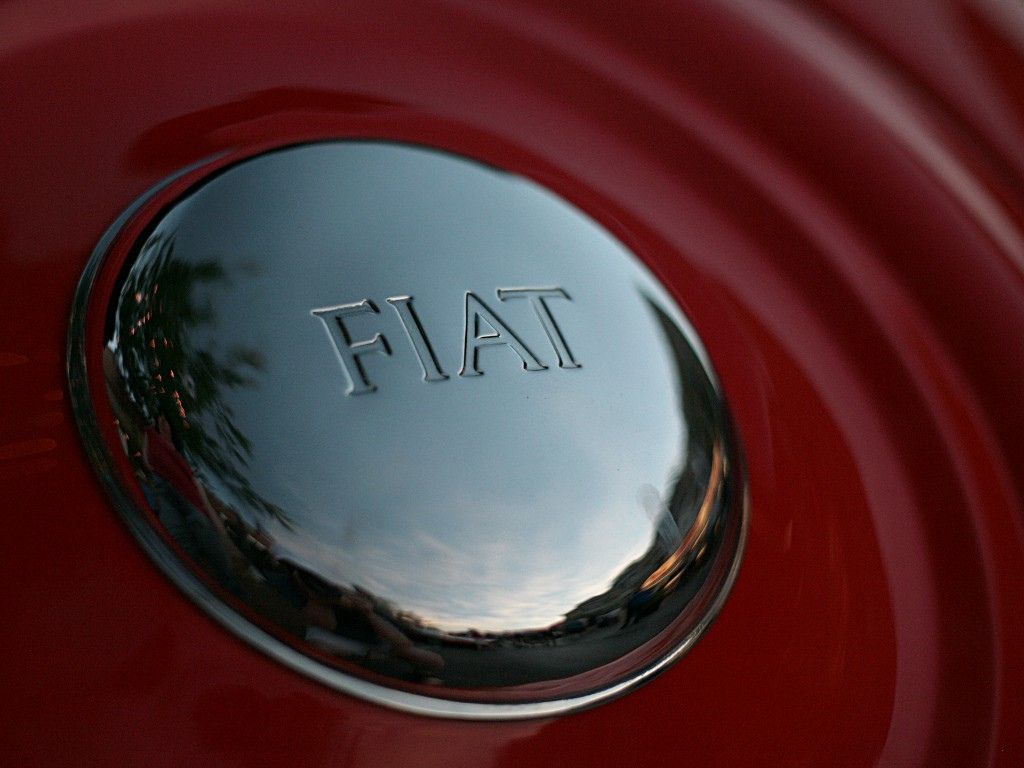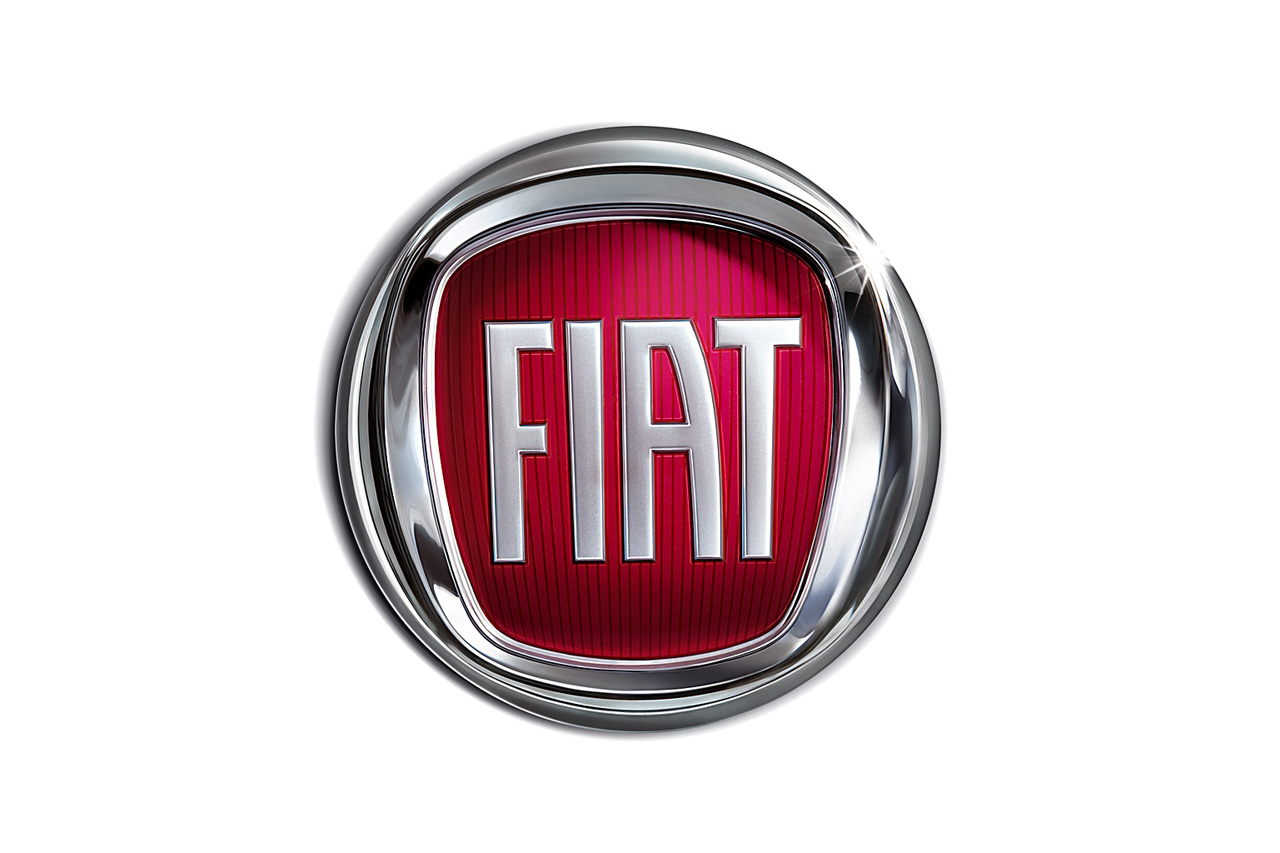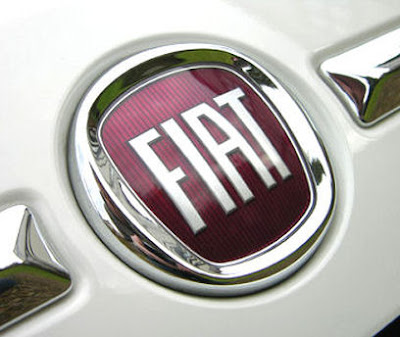Following the end of the Benito Mussolini's rule of Italy in 1945, the Agnelli family, led by Fiat's founder and chairman Giovanni Agnelli, lost control of the Fiat motor company because of their links with the dictatorship. Eventually the family regained control of the business in 1963 when Giovanni's grandson, Gianni Agnelli, took the helm.
having assumed control Gianni set about restructuring Fiat's management, making it much less centralised. Car and lorry and tractor production were effectively made independent of one another. The more flexible regime allowed Fiat to plan its expansion and in 1967 it took over fellow Italian concern Autobianchi. The takeover allowed the company to overtake German competitor Volkswagen in sales and by 1968 revenue exceeded $2 billion.
The following year Fiat expanded further, taking a controlling interest in Italian rivals Ferrari and Lancia and was being seen quite capable of taking the lead over the American powerhouse of Detroit in the race for car production dominance.
Fiat also continued diversifying its operations becoming owners of the Italian airline Alitalia, major toll roads, as well as office supply and electrical equipment companies. They also had assets in the Soviet Union, constructing the AvtoVAZ plant where the Lada, based on the Fiat 124, was manufactured. Elsewhere in Eastern Europe, the company had stakes in Romania, Yugoslavia and Bulgaria.
Importantly Fiat, with its fuel efficient cars, was able to take advantage of the 1979 oil crisis, when fuel prices rocketed, by winning record sales in the United States. However, as oil prices stabilised and subsequently fell, they lost their share of the American market and by 1984 had pulled out of the country.
Back in Europe however the Italian giants continued swallowing up its rivals. Alfa Romeo were taken over in 1986, and in 1993 Maserati. The acquisition of Maserati allowed the Fiat name to re-enter the United States market in 2002 and sales since then across the Atlantic have been healthy.
The late 1990s saw a market shift and the companys tumbling share value led to them appointing General Electric chief Paolo Fresco as chairman in 1998. However, Fresco's initiatives faced opposition from the firm's trade unions. Despite the opposition, Fresco pressed on and in 2000 he initiated a joint venture with the American company General Motors, which saw GM gain a stake in Fiat Auto - the company's car division. However, within five years the partnership was ended.
More recently a takeover of General Motors European division, GM Europe, has been mooted. However, a major part of GM Europe, Opel/Vauxhall, was subsequently taken over by Magna International.










No comments:
Post a Comment